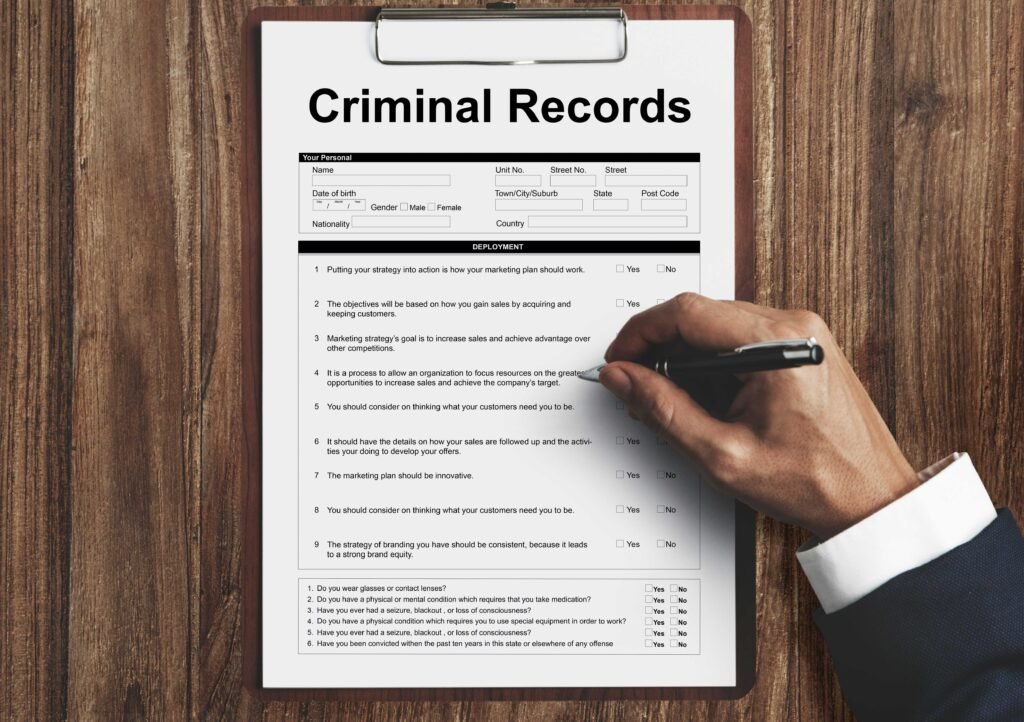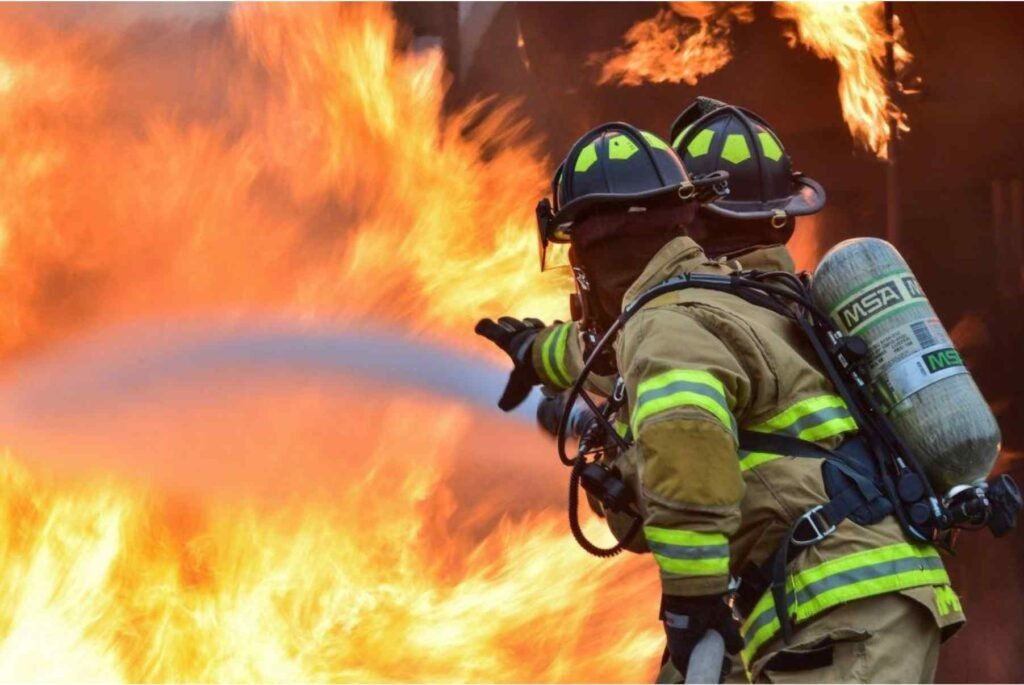Being involved in a car crash can be a traumatic experience, both physically and emotionally. In addition to the pain and distress caused by the accident, the financial burden of medical bills, vehicle repairs, and time off work can be overwhelming.
One of the key steps to recovering from such an ordeal is seeking fair compensation for the losses you’ve suffered. This process, however, can be complex and confusing, especially if you’re unfamiliar with legal procedures.
This article aims to guide you through the steps of seeking fair compensation after a car crash, offering practical advice on how to navigate the legal landscape and get the compensation you deserve.
1. Why Seeking Compensation Is Important
After a car accident, compensation is not just about covering the costs of repairing your vehicle or paying medical bills—it’s about ensuring that you’re fairly compensated for all the financial and emotional losses you’ve experienced as a result of the accident. This can include:
- Medical expenses: Compensation for hospital visits, surgeries, rehabilitation, medications, and future medical care related to the injury.
- Lost wages: If the accident leaves you unable to work for a period of time, you may be entitled to compensation for lost income, as well as future earning potential if your ability to work is permanently affected.
- Pain and suffering: Car crashes can cause both physical and emotional trauma, and compensation may cover pain and suffering as well as the emotional distress caused by the accident.
- Vehicle repairs or replacement: You may be entitled to have your vehicle repaired or replaced, depending on the extent of the damage.
If you’re unsure about how to proceed, consulting a legal expert, such as a solicitor Burwood, can help you understand your rights and guide you through the process of seeking compensation.
2. Documenting The Accident and Your Injuries
To build a strong case for compensation, thorough documentation is key. Immediately after the accident, it’s important to gather as much evidence as possible. This will not only support your claim but also protect you in case there are any disputes down the line.
- Call the police: After the crash, it’s essential to notify the authorities. A police report serves as an official record of the accident and can provide critical evidence regarding who was at fault. Ensure you get a copy of the police report for your records.
- Take photos: If it’s safe to do so, take pictures of the accident scene, the damage to all vehicles involved, and any visible injuries you have sustained. Photographs can provide crucial visual evidence that supports your claim.
- Get medical treatment: Even if your injuries seem minor, it’s important to seek medical attention immediately. Some injuries may not become apparent until days or weeks after the accident, and having medical records from the start will help prove that the injuries were a direct result of the crash.
- Keep records: Maintain all documentation related to the accident, including medical bills, repair estimates, correspondence with your insurance company, and any communication with the other driver. These records are essential for calculating the total damages you’ve incurred.
3. Notify Your Insurance Company
Once you’ve gathered initial documentation, the next step is to notify your insurance company about the accident.
Most insurers have specific time frames in which you need to report an accident, so it’s best to do this as soon as possible.
Provide them with accurate details about the crash, but avoid making statements that could imply fault on your part until all facts are clear.
When speaking with your insurer:
- Be clear and concise: Stick to the facts of the accident and avoid speculating about who was at fault. Let the investigation and evidence speak for itself.
- Don’t rush to settle: Insurance companies may offer you a settlement early on, but this may not reflect the full extent of your damages. Consult a legal professional before accepting any settlement to ensure it’s fair.
4. Determine Liability
One of the most important aspects of seeking compensation is determining liability.
Who was at fault for the accident?
In Australia, liability is typically based on negligence, meaning the party that was careless or failed to exercise reasonable care is considered at fault.
Common causes of negligent driving include speeding, running red lights, driving under the influence, or failing to yield the right of way.
Establishing who was at fault can be complex, particularly if both parties share some responsibility.
In cases where the fault is disputed, it may be necessary to rely on evidence such as the police report, witness statements, and expert opinions to prove the other driver’s negligence.
5. Calculating The Value of Your Claim
Once liability is established, the next step is to calculate the value of your claim. This involves determining the full extent of the damages you’ve suffered as a result of the accident. Compensation is usually divided into two main categories:
- Economic damages: These are quantifiable losses, such as medical bills, lost wages, and vehicle repair costs. Ensure you include both past expenses and future costs that you’re likely to incur, especially if you’ve suffered a long-term injury.
- Non-economic damages: These are less tangible but equally important. Non-economic damages cover things like pain and suffering, emotional distress, and loss of enjoyment of life. Although these damages are more subjective, they are vital to ensuring you receive fair compensation.
A legal expert can help you assess the full value of your claim, making sure that no aspect of your losses is overlooked.
6. Negotiating a Fair Settlement
Most car accident claims are resolved through settlement negotiations rather than going to court.
While your insurance company or the at-fault driver’s insurer may make an initial offer, it’s important to remember that their goal is to minimize payouts.
Therefore, their first offer may not reflect the full value of your claim.
Here are some tips for negotiating a fair settlement:
- Don’t accept the first offer: It’s common for initial settlement offers to be lower than what you deserve. Take time to review the offer and consult your solicitor if necessary.
- Be patient: Negotiations can take time. Don’t feel pressured to settle quickly if you believe the offer is too low.
- Have documentation ready: The stronger your evidence, the better your chances of securing fair compensation. Present your medical bills, vehicle repair estimates, and other documentation to support your claim.
If negotiations stall, your solicitor may advise taking the case to court to seek a higher settlement.
7. Hiring a Legal Professional
Navigating the legal process following a car crash can be challenging, especially when dealing with insurance companies and liability issues.
Hiring a legal professional who specializes in personal injury claims can significantly improve your chances of securing fair compensation.
A solicitor can:
- Help you understand your rights: They will explain the legal process in simple terms and guide you through each step.
- Negotiate on your behalf: Experienced solicitors have the expertise to negotiate with insurance companies and ensure that you’re not taken advantage of.
- Prepare your case for court: If a fair settlement cannot be reached, your solicitor will represent you in court to fight for the compensation you deserve.
In areas like Burwood, a solicitor can offer local expertise and personalized service to help you get the best possible outcome for your claim.
8. Moving Forward After a Car Crash
After an accident, seeking fair compensation is crucial to helping you move forward and rebuild your life.
While the process can seem overwhelming, having the right support and a clear plan can make all the difference.
By gathering documentation, notifying your insurer, calculating your damages, and negotiating effectively, you’ll be well on your way to receiving the compensation you’re entitled to.
Remember, you don’t have to navigate this process alone. A qualified legal professional can provide the advice and representation you need to achieve a fair settlement, allowing you to focus on your recovery and get back to normal life.
Seeking fair compensation after a car crash is about more than just financial recovery—it’s about ensuring that you receive justice for the losses and injuries you’ve endured.
With careful documentation, professional advice, and a clear understanding of your rights, you can navigate the process confidently and achieve the best possible outcome.
Whether negotiating with insurers or preparing for court, having the right solicitor by your side can make all the difference in your pursuit of fair compensation.
You May Like Also:

